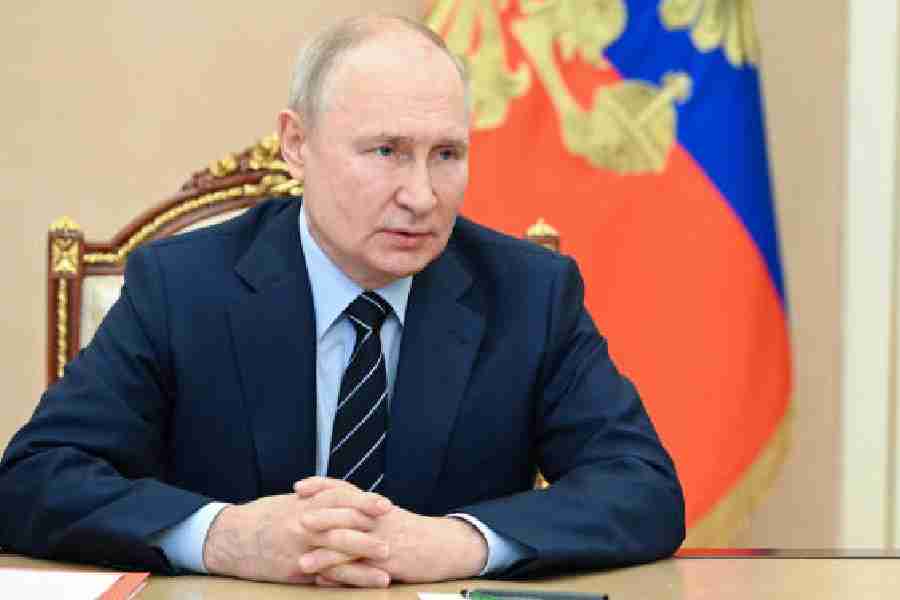Russian occupation officials are holding municipal and regional elections this week in four regions of Ukraine that Moscow has annexed, even as Ukrainian forces claw back territory in some of those areas in a gruelling counteroffensive.
The voting is seen by Kyiv and its international allies as a fraudulent attempt by Moscow to tighten its grip on the territories it has illegally claimed in the south and east of Ukraine.
Voting began last week and runs until Sunday in the four partially occupied regions: Donetsk, Luhansk, Kherson and Zaporizhzhia. Together with Crimea, which Russia annexed in 2014, they make up about one-fifth of Ukrainian territory.
Early voting in some areas will end on Thursday, while in other places voting will be held over the weekend, according to the Russian news agency Tass. Ukraine and its allies say the results are a foregone conclusion and will lead to many Kremlin-connected candidates winning office.
Russia declared last year that it was annexing the four southern and eastern regions, but it has never fully brought them under Moscow’s control. Ukrainian forces are slowly regaining territory in the Zaporizhzhia region in a counteroffensive they began in June, and have also claimed advances around the occupied eastern city of Bakhmut, although the areas newly brought under Ukrainian control are mostly deserted.
The voting, which coincides with local elections across Russia, is ostensibly meant to elect parliamentary representatives for the four regions as well as for several Russian-occupied cities. Most of the candidates standing for election are connected to the Kremlin and are running virtually unopposed.
In a paper published this summer, Elina Beketova, a fellow at the Washington-based Center for European Policy Analysis, said the candidates include Artem Zhoga, the commander of a battalion that has fought with Russian proxy forces in eastern Ukraine, as well as Ukrainian collaborators who helped organise the Kremlin-orchestrated referendum that Russia used to help justify its annexation of Crimea.
Ivan Fedorov, the exiled Ukrainian mayor of Russian-occupied Melitopol and an unofficial spokesperson for the Ukrainian resistance in his city, said that many candidates in the Zaporizhzhia region were not residents and that some came from Russian regions as far away as Siberia.
New York Times News Service











